The Disruptor in the Global Legal Landscape: Baker McKenzie’s Multi-Centric Practice and Future Challenges
In today’s legal services market, truly global law firms remain rare. Many so-called “international” firms are, in essence, extensions…
In today’s legal services market, truly global law firms remain rare. Many so-called “international” firms are, in essence, extensions of Anglo-American legal hegemony. Yet Baker McKenzie has charted a distinctive path since its inception—one that refuses to treat any single jurisdiction as the absolute center. Instead, it has attempted to build a genuinely multi-centric, cross-cultural, and globally collaborative legal services network. This approach, which was ahead of its time, has brought both remarkable success and formidable challenges.
A Cross-Cultural Vision Born in the Cold War Era
Founded in 1955 in Chicago by American lawyer Russell Baker and German-born John McKenzie, the firm was born in a world still recovering from war and entering the early phases of the Cold War. At a time when most legal practices were focused on domestic affairs, Baker McKenzie launched its first overseas office in Venezuela—demonstrating a clear intent to serve the global market from the outset.
This was a bold move, especially in an era of global ideological confrontation. Even bolder was the firm’s refusal to adopt a top-down expansion model. Instead of transplanting U.S. legal standards abroad, Baker McKenzie emphasized local adaptation paired with global collaboration. From Latin America to Asia, and from Europe to the Middle East, each new office was shaped by the local legal culture. This laid the foundation for the firm’s enduring ethos: local expertise within a global framework.
A Networked Structure: Not a Headquarters, But Hubs
By the late 1980s, Baker McKenzie had built a vast network across major global cities. But unlike traditional firms where the headquarters micromanages global operations, its Chicago base acted more as a coordination hub. Offices in different regions operated with significant autonomy, while sharing clients, resources, technology, and governance systems through an integrated global platform.
This networked structure allowed the firm to quickly adapt to the evolving needs of multinational corporations. From Japanese outbound investment and European antitrust litigation to compliance advisory in emerging markets, Baker McKenzie’s ability to coordinate cross-border legal services became one of its defining strengths.
After the 1997 Asian financial crisis, it rapidly expanded its presence in China, Vietnam, and Thailand—laying the groundwork for a strong position during China’s legal services boom in the early 21st century.
A Different DNA: Balancing Global Governance and Local Roots
Baker McKenzie is often called “the most un-American American law firm.” While its origins lie in the U.S., its governance resembles that of an international organization rather than a traditional U.S. partnership model.
Its global executive committee includes partners from various countries and regions, with major decisions subject to global votes. Legal services are not exported wholesale from the U.S.; instead, projects are led by local partners in collaboration with international teams. While this model may reduce short-term efficiency, it enhances cultural adaptability and strengthens client relationships.
For example, in Southeast Asia, teams in Vietnam, Thailand, and Singapore frequently collaborate on cross-border matters—and even help shape new legal frameworks in evolving jurisdictions. In the Middle East and Africa, Baker McKenzie pioneered alliance models with local firms to mitigate the risks of regulatory instability and high compliance costs.
The Cost of Complexity: Challenges of a Decentralized Network
Of course, a highly decentralized and networked structure brings its own complications. The most pressing issue is the rising cost of coordination and the difficulty of maintaining internal consistency. Regional offices often differ significantly in terms of business philosophy, revenue models, and client portfolios—sometimes resulting in internal competition for resources.
In the mid-2010s, Baker McKenzie’s growth in the U.S. began to plateau, while firms like Kirkland & Ellis and Latham & Watkins aggressively expanded their cross-border deal and litigation practices. Meanwhile, Baker McKenzie focused on global service integration, but was slower to invest in digital transformation—leaving it trailing in the race to modernize legal tech infrastructure.
Looking Ahead: A New Logic for Global Law Firms
In the post-pandemic world, multinational companies are navigating greater uncertainty, with rising demand for both globally integrated services and locally nuanced expertise. Baker McKenzie now stands at a pivotal transformation point.
On one hand, it must accelerate the rollout of digital tools across its global network to enhance collaboration and client experience. On the other, it must establish stronger professional centers in emerging areas such as ESG, data governance, and international trade. Its traditional “multi-centric, locally empowered” structure—though resilient—may now require reconfiguration to ensure more streamlined coordination and sharper focus in key sectors.
For a firm with nearly 70 years of history, the true source of competitiveness is not merely its global footprint, but its ability to balance cultural integration, institutional evolution, and technological transformation. This journey will not be easy—but if successful, it may once again redefine what it means to be a truly global law firm.








